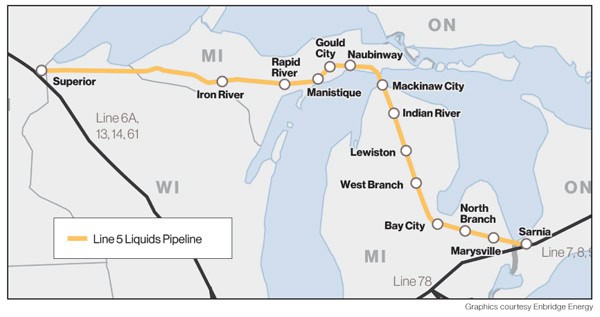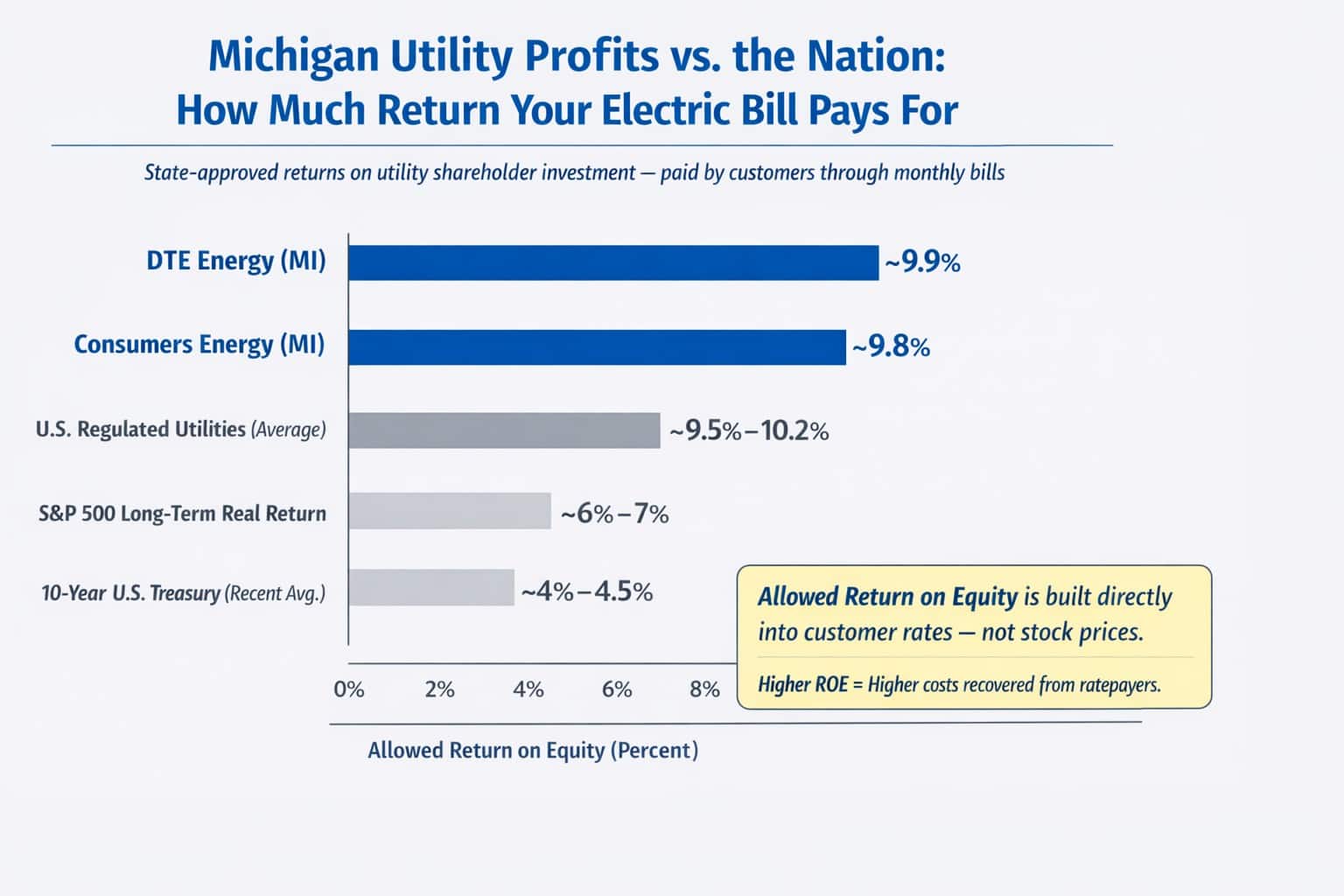TOKYO – When we talk about electric cars, two complaints always come to the fore: the low autonomy and the charging time. Nobody wants to get stranded halfway or wait forever for their car to charge, no matter how addicted to TikTok they are. This is where Toyota comes in, which wants to make a difference with its latest big bet: solid-state batteries. Just as you read.
This advance, which seems straight out of a science fiction script, has just received the green light from the Ministry of Trade and Industry of Japan (METI), which means that Toyota will be able to advance its development and production without restrictions. The goal? Batteries that charge in minutes and offer more than 1,000 km of autonomy!!
What’s so special about these batteries?
You’ve probably heard of solid-state batteries before, but why all the fuss now? The key is that they replace the liquid electrolyte in today’s lithium-ion batteries with a solid material, which brings with it three crucial advantages:
-
- First, more range: Toyota promises up to 1,000 km on a single charge.
- Second, fast charges of less than 10 minutes for a full charge (it sounds like a dream, even).And last, they are less prone to overheating and would reduce the risk of fires.
Toyota has divided its strategy into different types of batteries, each with a specific purpose:
-
-
- “Performance” batteries (2026): Range of 800 km with a more efficient charge.
- “Popularization” batteries (2027): More accessible model with 600 km of range and lower cost.
- High Performance Batteries (2028): The jewel in the crown: 1,000 km of autonomy and charging in 10 minutes.
-
Sounds incredible, right? But the big question is…
Will they arrive on time or is it just another promise?
This is not the first time that Toyota has announced progress in solid-state batteries. Years ago they assured that they would be ready in 2021, then in 2022, and now it seems that 2030 is the new magic date. Will they arrive this time?
This time there is a key factor that could speed things up: the Japanese government is betting harder than ever. How? Japan has invested 7 billion dollars so that its battery industry can reduce its dependence on China. The idea is that companies like Toyota, Nissan and Panasonic develop and produce batteries without depending on other companies, thus ensuring a stable and competitive supply. In a market crowned by Tesla, Japan wants to take advantage of its competitors in the race to dominate the electric sector.
Key information
| Category | Key Information |
| Toyota’s breakthrough | Approved by Japan’s government to advance solid-state battery development for EVs. |
| Key benefits | 1,000 km range on a single charge. Ultra-fast charging in under 10 minutes. Enhanced safety, reducing overheating risks. |
| Battery development timeline | 2026: “Performance” batteries (800 km range). 2027: “Popularization” batteries (600 km, more affordable). 2028: “High-Performance” batteries (1,000 km, 10-min charge). |
| Japan’s investment | $7 billion investment to strengthen Toyota, Nissan, and Panasonic against Chinese battery manufacturers. |
| Potential impact | EVs with longer ranges and faster charging. Reduction in dependency on lithium-ion batteries. Safer, more efficient, and cost-effective EVs. |
| Global impact | If Toyota meets its targets, solid-state batteries could reshape the EV industry by 2030. |
If Toyota really does manage to bring these batteries to market in the next few years, we could be looking at the end of the main problems affecting electric cars today: range issues.
Solid-state batteries are the automotive industry’s great hope for making electric cars more practical, safe and accessible. If Toyota meets its deadlines, it could mark a turning point in electric mobility and become the undisputed leader in the sector. Are you ready for this future?






